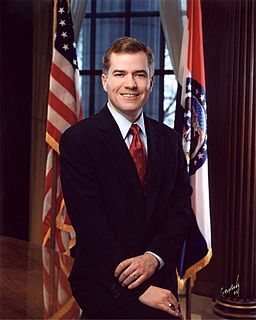A Quote by Vint Cerf
Internet and government is Topic A in every nation, all around the world. There is the question of getting the Internet built. That involves persuading government to have regulatory policies. It involves new technology to bring the Internet to rural places.
Related Quotes
Everyone should be concerned about Internet anarchy in which anybody can pretend to be anybody else, unless something is done to stop it. If hoaxes like this go unchecked, who can believe anything they see on the Internet? What good would the Internet be then? If the people who control Internet web sites do not do anything, is that not an open invitation for government to step in? And does anybody want politicians to control what can go on the Internet?
It is true that authoritarian governments increasingly see the internet as a threat in part because they see the US government behind the internet. It would not be accurate to say they are reacting to the threat posed by the internet, they are reacting to the threat poised by United States via the internet. They are not reacting against blogs, or Facebook or Twitter per se, they are reacting against organizations like the National Endowment for Democracy funding bloggers and activists.
[On the Internet and activism:] The danger of the Internet is cocooning with the like-minded online - of sending an email or twitter and confusing that with action - while the real corporate and military and government centers of power go right on. In a way, the highest purpose of the Internet is to bring us together for empathy and action. After all, the reflector cells and empathy-producing chemicals in our brains only work when we're physically together with all five senses. You can't raise a baby online.




































